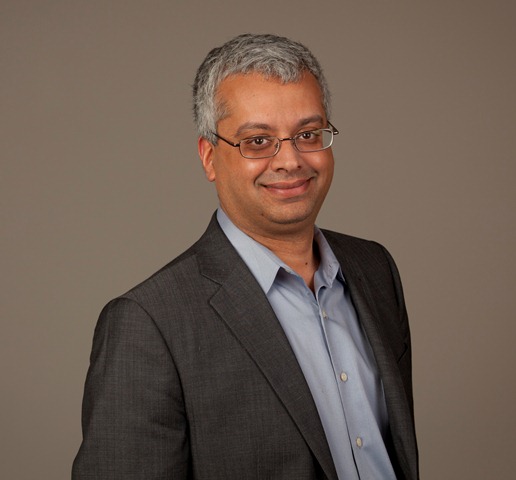In February I shared with many of you that DaVita Kidney Care was honored by the Ministry of Health in the Kingdom of Saudi Arabia with a contract to care for nearly half of the 10,000 dialysis patients currently under the ministry’s care. With this opportunity came a tremendous challenge, as the prevalence of chronic kidney disease (CKD) has accelerated faster in Saudi Arabia over the past three decades than in many parts of the world(1), and the need for strong healthcare providers, physicians and nurses has never been greater.
Today I am proud to welcome Dr. Abdulkareem Alsuwaida, FRCPC, MSc, to our physician leadership team as the chief medical officer (CMO) for DaVita in Saudi Arabia. I have known Abdulkareem for some time now and have seen how his commitment to clinical excellence has been a driving force throughout his nephrology career. He has devoted his life to improving the quality of care for patients with CKD, extending from their overall experience to their clinical outcomes.
Abdulkareem’s appointment to the CMO role adds to an already impressive career. He received his medical degree from King Abdulaziz University and his postgraduate medical education in internal medicine and nephrology from the University of Toronto. He has published more than 40 clinical research papers on dialysis, glomerulonephritis and lupus nephritis, and is a past president for the Saudi Society of Nephrology and Transplantation. While there, Abdulkareem led several CKD awareness initiatives and collaborated with key international groups dedicated to treating patients with CKD, including the International Society of Nephrology, the American Society of Diagnostic and Interventional Nephrology, the European Renal Association – European Dialysis and Transplant Association (ERA-EDTA) and the Screening and Early Prevention of Kidney Disease study group at Brigham and Women’s Hospital of Harvard Medical School.
Understanding the influence of research on improved outcomes, Abdulkareem has dedicated much of his career to uncovering new insights and has received accolades, including the 2006 Best Research Award from the Saudi Society of Nephrology and Transplantation, and the 2006 Best Research Award for King Fahad Medical City’s research day.
In addition to serving as DaVita’s CMO for Saudi Arabia, Abdulkareem is a professor of medicine and director of postgraduate education at King Saud University in Riyadh, as well as a consulting nephrologist in the division of nephrology at the King Khalid University Hospital.
Earlier this month, while attending the 51st ERA-EDTA Congress in Amsterdam, Abdulkareem shared with me that it was a top priority for both the Ministry of Health and the thousands of Saudi men and women affected by CKD that we provide the absolute highest quality of care. And he knew that joining DaVita was the path by which he could not only contribute to elevating the standard of care in the country, but also make a long-term commitment to improving the overall health of the population.
Please join me in welcoming Abdulkareem to the DaVita Village; my colleagues and I are excited to see such an exceptional physician have the opportunity to lead the charge in impacting patient care and quality of life on a larger scale in Saudi Arabia.
(1) Abdulla A. Al-Sayyari, FRCP,FACP, Faissal A. Shaheen, FRCP,FACP Saudi Med J 2011; Vol. 32 (4), http://smj.psmmc.med.sa/index.php/smj/article/viewFile/7158/4932





